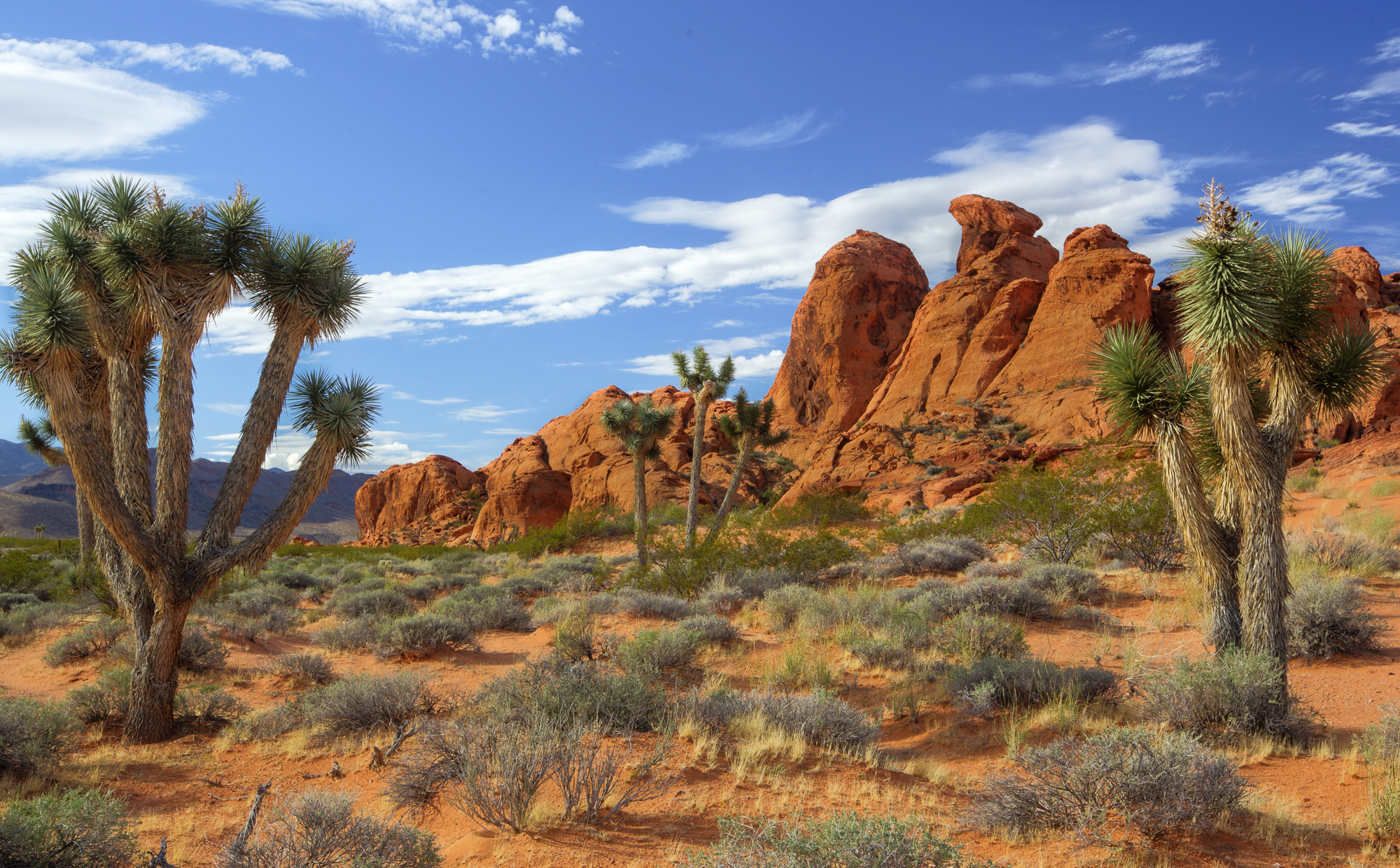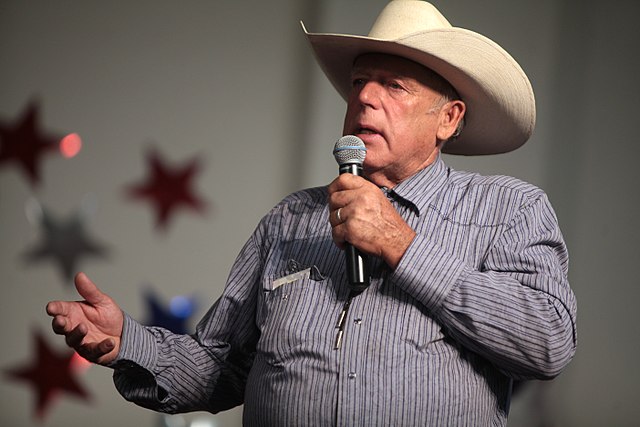If the U.S. Army Corps of Engineers proposes to pave over the Earth, NEPA, in and of itself, will not stop them. All the Army has to do is prepare an environmental impact statement that considers a reasonable range of alternatives, proposes reasonable and prudent mitigation measures and fully discloses to the public the impact.
Read MoreHalf of the National Environmental Policy Act is a Dead Letter













